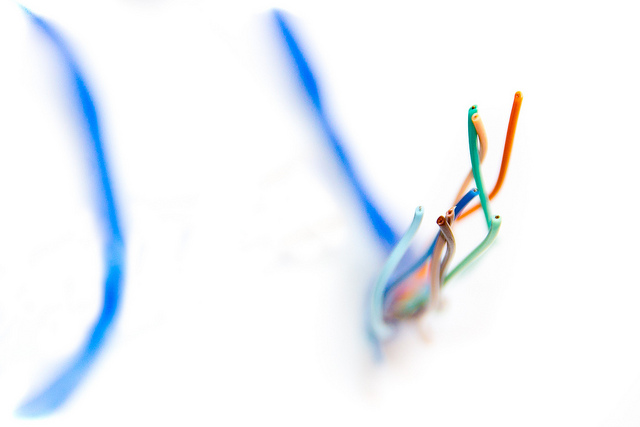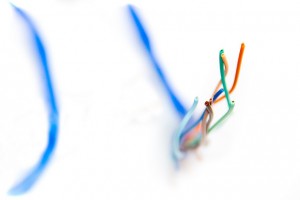Over the past five weeks, I’ve been posting about positive thinking. Trying to get at the root of why we believe what we do. What’s true. What’s wishful thinking. How it helps. Sometimes why it hurts. If you read my last post, you’ll know that I’ve had my own journey through the wide world of mind-body healing. A journey that made me realize that my search for answers became an addiction to hope for a different reality than I was finding myself in. As I saw the predicament clearly, I looked deeper into the positive thinking/mind-body/heal yourself messages I was learning about. What I saw were some big disconnects that can be a catalyst for a world of stress. Unintended stress, but stress none the less. That’s were we’re headed today.
If this is the first post you’ve come to, catch-up with our first four posts at the links below:
- Part 1: Where did ‘The Power of Positive Thinking’ come from?
- Part 2: Mind-Body Goes Mainstream
- Part 3: The Seduction of Positive Thinking
- Part 4: In the Weeds of Positive Thinking
Part 5
If you look close enough, you will notice that there are two inherent disconnects in mind-body messaging.
The Placebo Effect
The Placebo Effect is the outcome achieved by the belief in a treatment rather than the treatment itself. It is pointed to by many self-help books as evidence that the mind can heal the body. What they don’t point to is that placebos typically involve a third-party in a clinic setting. A patient will join a clinical trial, go to the clinic and meet with someone in a white lab coat who asks about their symptoms and compassionately listens while they describe what’s going on. Next they’ll receive a prescription, have it filled by a pharmacist and take it with a glass of water. Even though the pill is only a sugar-pill, the entire health care experience enhances the belief that the pill will work, and voila it does.
On-the-other-hand, self-help books ask patients to be both patient and clinician. You review your symptoms, search out an alternative treatment (be it affirmations, visualization, etc…) and administer the treatment yourself. Hence, as you affirm (meditate on, visualize,…) renewed health you may have competing doubts about the treatment you’re trying. An affirmation of healing is countered with confirmation of being ill. It is hard to convince your mind that your body is healed when you are still sick.
Belief in healing is powerful medicine, it’s just more powerful when the belief is bolstered by someone in a white coat.
Being Human
The second disconnect has to do with a subtle separation seen on both the spiritual side and the research side of the “mind can heal the body” message. On the spiritual side, patients are told that they have a divine spark within. A piece of themselves that is perfect, whole, and complete. The researchers tell us that our bodies inherently know how to function properly and heal. Absent of any stress or trauma, the body will come to a state of balance where all systems function properly.
These are both contrasted with the very human side of ourselves. The side that occasionally has negative thoughts, took on too much at work or gets distracted during meditation. It is true that we don’t always eat the healthiest or exercise every day for 30 minutes…because we’re HUMAN. We’re not perfect. Nature never intended it that way.
When we take on the belief that our mind can heal our body, the message becomes that it is our inability to get rid of our humanness (a very natural thing), that is causing illness. You start to feel flawed for the simple act of being human. If we question the effectiveness of the technique we’re trying because we’re still sick, we hear that we didn’t try hard enough. We are not positive enough, spiritual enough, never enough.
The intent is to enhance positivity, but the result can often be guilt and shame for being who we are. Illness feels like a punishment – rather than a natural part of living with a human body.
There is a constant struggle to live up to an impossible ideal. Life becomes about judging yourself against what you think you “should” be. This is quite literally a recipe for making yourself miserable.
What we fail to recognize is that it is our very humanness that makes us resilient, adaptable and able to make it through the muck and come out OK. That is always something to celebrate. The message we need is that there is nothing to become, nothing to live up to, only the recognition that we are great right now, just as we are.
These two disconnects beg the question…is it even true? Can the mind heal the body? Does positive thinking work?
The answer is what we’ll be tackling in the next post…stay tuned! It’s about to get interesting…
Looking for practical ways to use the mind-body connection? Check out
Chronic Resilience: 10 Sanity-Saving Strategies for Women Coping with the Stress of Illness.
“I highly recommend this groundbreaking book!”
-Kris Carr, NY Times Bestselling Author

